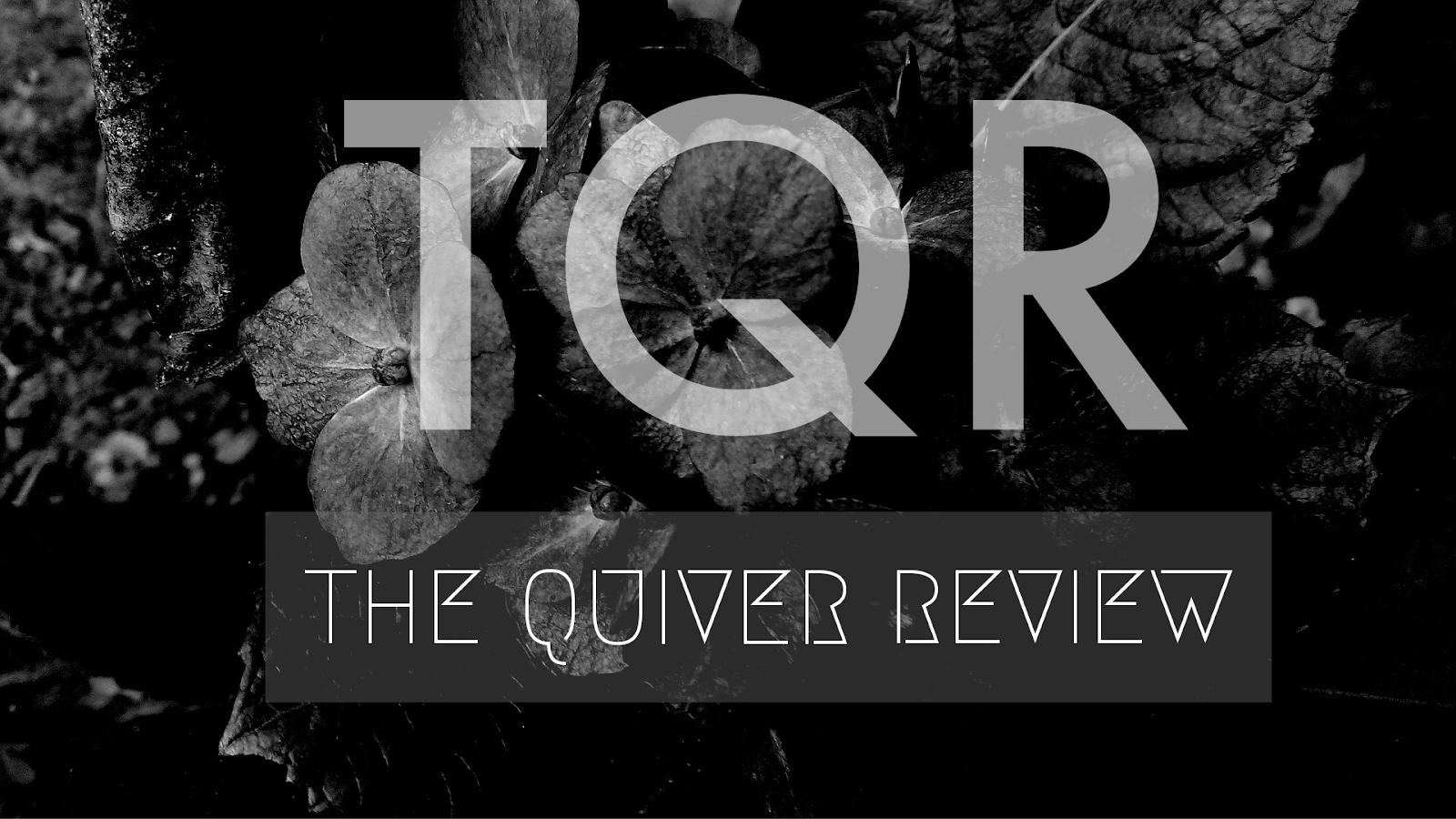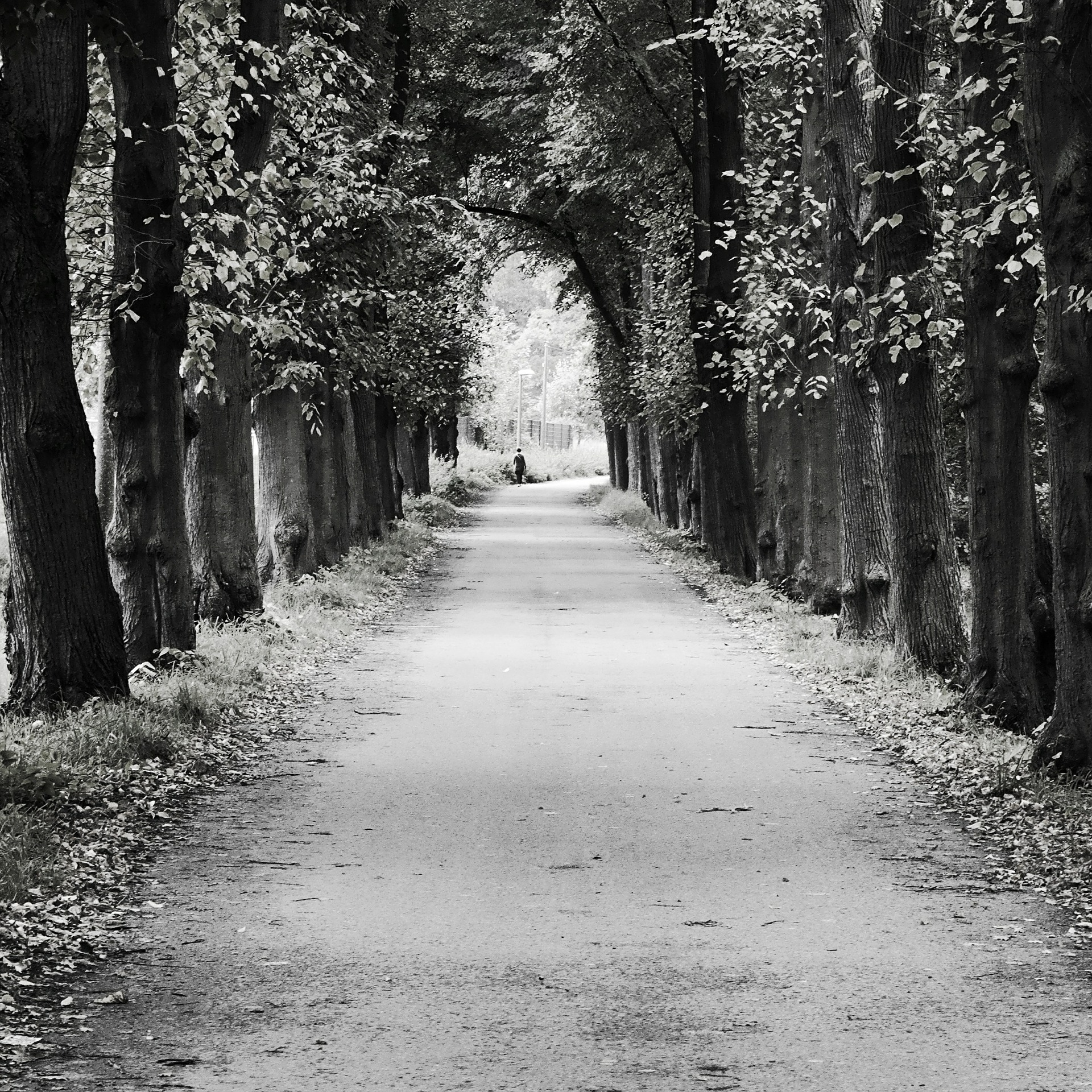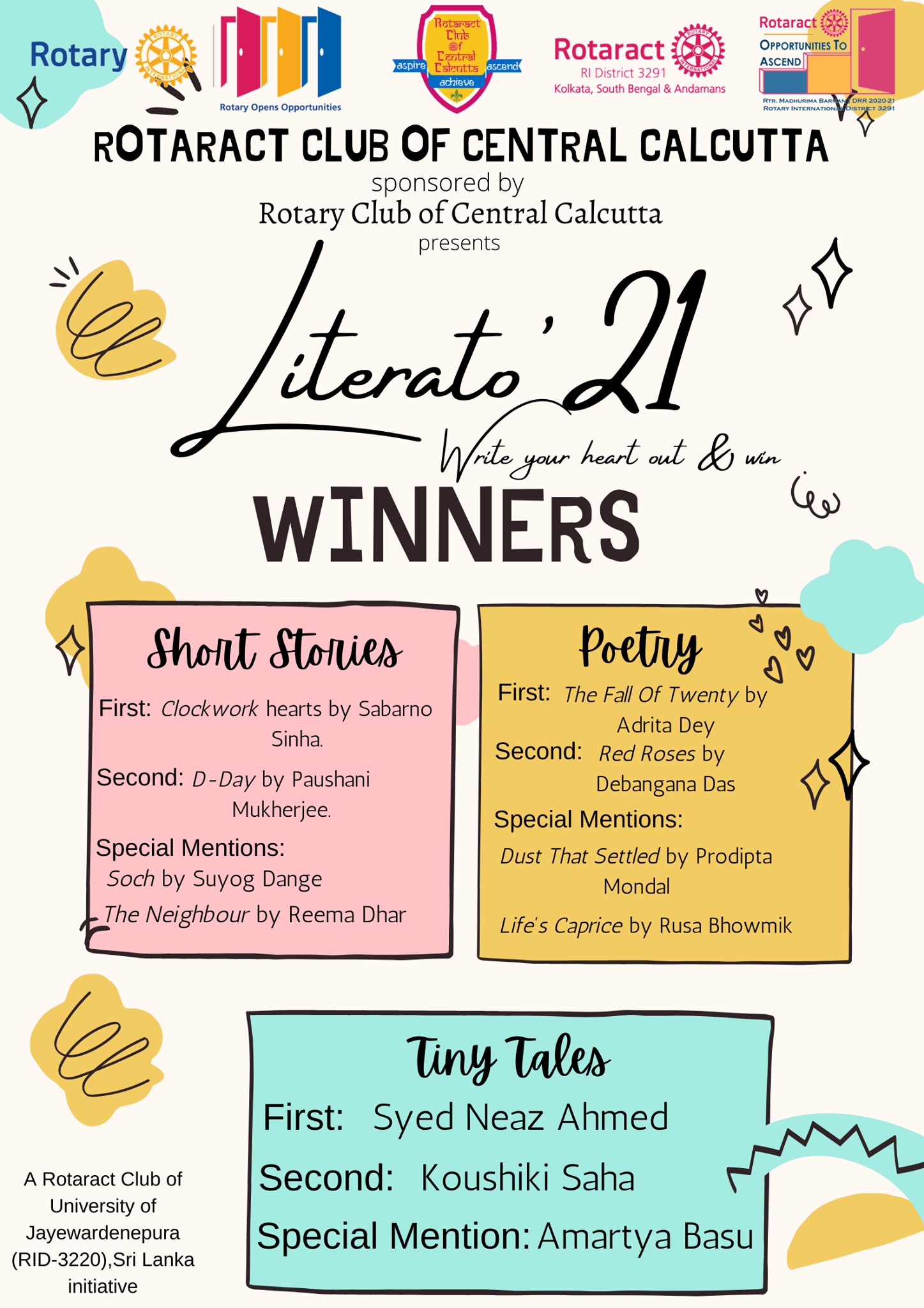The Unhappy Union of Gender and Marxism: A Study With Reference to Leo Tolstoy's Resurrection by Jagari Mukherjee
Marxist Feminism is a branch of Feminist theory and politics that takes its theoretical moorings from Marx. It criticizes capitalism as a set of structures and practices that promote the exploitation of labor. For Marxist Feminists, empowerment and equality for women cannot be achieved within the framework of capitalism. Marxist Feminism thus distinguishes itself from other modes of Feminist thought by refusing to accord the category of "women" any separate and special status without regard to class.
Lynda Nead makes a distinction between a "fallen woman" and a "prostitute" in so far as the terms are dependent on class. A fallen woman belongs to upper or middle class, and her sexual indiscretion, leading to her fall, has no link to her financial requirement, while the latter—a prostitute—belongs to a lower class, often seen as a victim of circumstances and therefore an object of compassion. However, this researcher has employed "fallen woman" as a broad umbrella term.
In his foundational essay, titled “The Origin of the Family, Private Property and the State”, Friedrich Engels blames the system of monogamous marriage for the subjugation of women. He asserts that within the capitalist family, the husband is the bourgeois and the wife is the proletariat, and calls for the abolition of the monogamous family as the economic unit of society. However, Russian Feminist Alexandra Kollontai's “The Social Basis of the Woman Question” asserts that free love would burden the woman with caring alone and unaided for her children. Moreover, as an alternative to monogamous marriage, people practice many forms of depravity in the name of free love: "All those masters of the house who rape their servants and throw them out pregnant on to the street, are they not adhering to the formula of "free love"? In a patriarchal society, only a woman is blamed for sexual transgressions and termed a "fallen woman".
We see this form of free love and class-based power in Leo Tolstoy 's Resurrection (1891). The son of an aristocratic landowner, Dmitri Nekhlyudov, seduces their young maid Katyusha who belongs to the working peasant class. He adds insult to the injury by offering her money and then cruelly abandoning her while he enjoyed a life of debauchery. When it becomes apparent that she is pregnant with Nekhlyudov's child, Katyusha is turned out of service and ultimately turns to prostitution for her livelihood. Ten years later, she is accused of murdering a client and Nekhlyudov, who is a member of the jury during the trial, is full of remorse. Tolstoy takes a strict moral stand and gives both Nekhlyudov and Katyusha the opportunity to redeem themselves, but in real life, not all fallen women are as fortunate as Katyusha, nor do most rapists regret their wrongdoing. As an aside, it may do well to remember that Alexandra Kollontai, who was the commissary for social welfare in 1917, introduced many reforms for women in the Soviet Union, but her policies were reversed by the Soviets themselves after Lenin's death.
A critique of Marxist Feminism can be found in an essay by Gayle Rubin titled “The Traffic in Women”. Rubin argues that women are oppressed in societies which can by no stretch of the imagination be described as capitalist, taking examples from Amazon Valley, New Guinea Highlands and even pre-capitalist European societies. Gayatri Chakraborty Spivak in her work “Feminism and Critical Theory” recognizes the historical antagonism of Marxism and Feminism. According to her, Marxism dismisses and at best patronized the importance of women's struggle, and the conflict between the suffrage movement and the union movement must be taken into account. This unhappy union of Marxism and Feminism eventually paved the way for Feminism to tread the paths of the Subaltern and Intersectionality.
First published in Erothanatos Journal
REFERENCES:
Engels, Friedrich. “The Origin of the Family, Private Property and the State.” The Essential Feminist Reader, edited by Estelle B. Freedman, Modern Library, 2007, pp.104-111.
Kollontai, Alexandra. “The Social Basis of the Woman Question.” The Essential Feminist Reader, edited by Estelle B. Freedman, Modern Library, 2007, pp. 175-181.
Nead, Lynda. Myths of Sexuality: Representations of Women in Victorian Britain, Basil Blackwell, 1988.
Rubin, Gayle. “The Traffic in Women: Notes on the “Political Economy" of Sex.” Toward an Anthropology of Women, edited by Rayna R. Reiter, Monthly Review Press, 1975, pp. 157-210.
Spivak, Gayatri Chakraborty. “Feminism and Critical Theory.” Modern Criticism and Theory: A Reader, edited by David Lodge and Nigel Wood, 2nd ed., Pearson Education, 2004, pp. 475-491.
Tolstoy, Leo. Resurrection. Translated by Louise Maude, Wordsworth Classics, 2014.











Comments